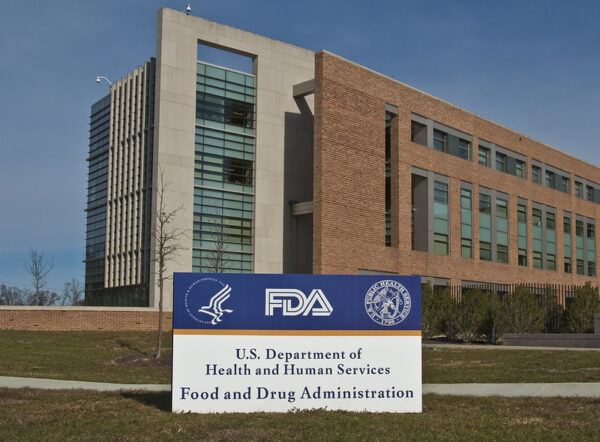
The Food and Drug Administration has given emergency use authorizations to two additional companies to enable testing for the novel coronavirus while also giving more leeway to states to enable them to oversee testing.
The agency said Monday that it had given the EUAs to Burlington, North Carolina-based LabCorp for its Covid-19 RT-PCR test and to Marlborough, Massachusetts-based Hologic for its Panther Fusion SARS-CoV-2 Assay.
In addition, the FDA said it would allow states to take responsibility for tests developed and used within state lines, enabling them to authorize the tests, while the labs will not need to get authorization from the FDA, including obtaining an EUA. The agency is also expanding a policy originally issued on Feb. 29, allowing manufactures to distribute – and labs to use – new commercially developed tests prior to the FDA granting an EUA, under certain circumstances, where previously it was only applicable to labs certified to perform high-complexity testing under the Clinical Laboratory Improvement Amendments. The FDA also is permitting the development of serological tests – which look for proteins and antibodies in the blood and are less complex but also less effective than molecular tests – as long as the tests have been validated, notification has been provided to the FDA and warning statements are included stating, for example, that antibody tests should not be used as the sole basis for diagnosis.
“Staff at FDA have been working nonstop to expedite the review and authorization of diagnostics during this public health emergency,” FDA Commissioner Stephen Hahn said in a statement, regarding the announcement about Hologic and LabCorp. “Our device center has been in continual contact with the medical device community, in particular diagnostic developers, since January, providing technical assistance to test developers to help facilitate the availability and distribution of tests so that healthcare professionals can accurately detect the Covid-19 virus.”
LabCorp, along with competitor Quest Diagnostics, said earlier this month that they would begin offering testing for Covid-19. Meanwhile, the two EUAs issued Monday follow similar authorizations for Swiss drug and diagnostics maker Roche and Waltham, Massachusetts-based lab equipment maker Thermo Fisher Scientific.
The policy expanding states’ authority to allow tests is similar to a policy the agency issued last week enabling the New York State Department of Health to authorize certain labs to test patients after informing the department. Labs are to provide validation to the department within 15 days instead of pursuing an EUA from the FDA.

A Deep-dive Into Specialty Pharma
A specialty drug is a class of prescription medications used to treat complex, chronic or rare medical conditions. Although this classification was originally intended to define the treatment of rare, also termed “orphan” diseases, affecting fewer than 200,000 people in the US, more recently, specialty drugs have emerged as the cornerstone of treatment for chronic and complex diseases such as cancer, autoimmune conditions, diabetes, hepatitis C, and HIV/AIDS.
Photo: FDA













